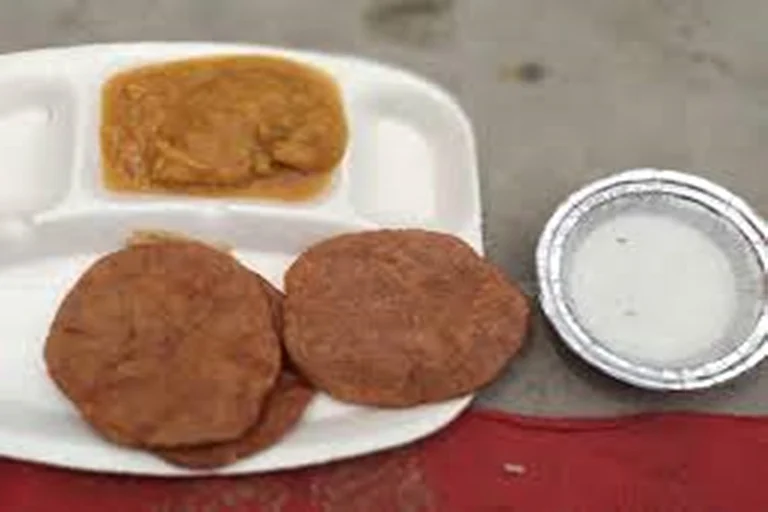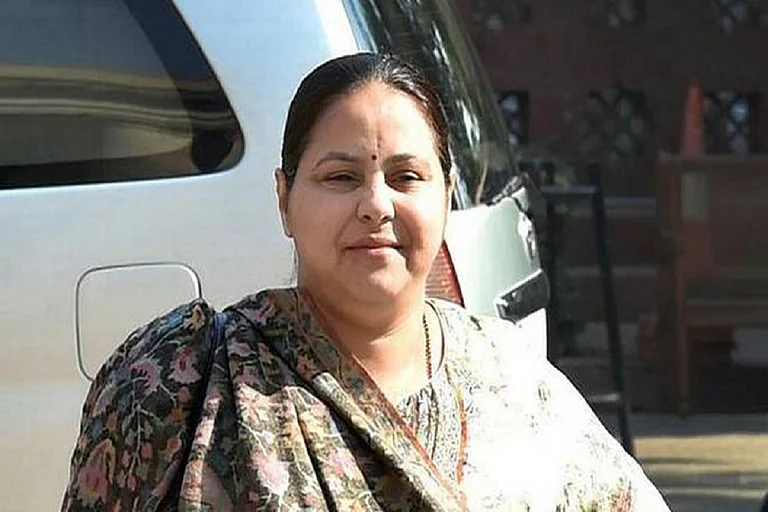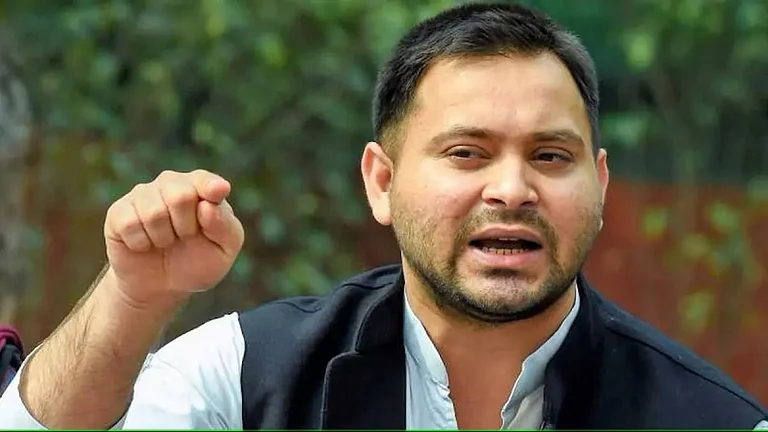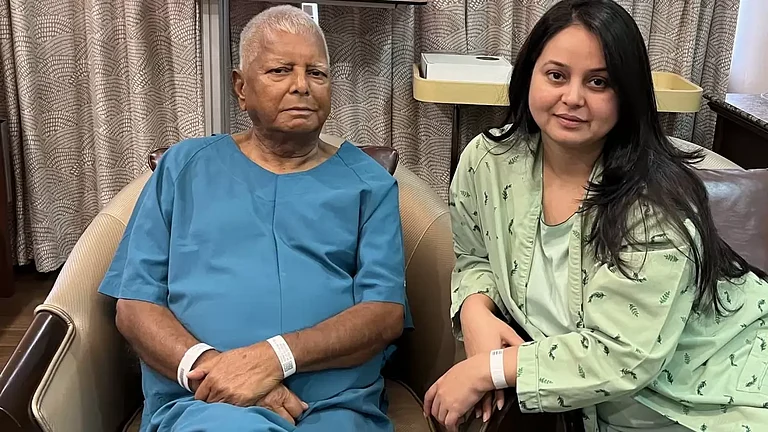
The RJD chief urged voters to end the NDA’s 20-year rule in Bihar, using the metaphor “Tawa se roti palatati rehni chahiye, nahi toh jal jayegi” to stress the need for political renewal.
Push for Tejashwi-Led Youth Government: Lalu pitched his son Tejashwi Yadav as the face of a “young government,” highlighting generational change as the central theme of the RJD’s campaign.
Election Momentum Builds: The first phase of polling in 121 constituencies saw a 13.13% turnout by 9 a.m., setting the tone for an election where youth, employment, and governance are key issues ahead of the next phase on November 11.
As Bihar went to polls in the first phase of the 2025 Assembly elections, Rashtriya Janata Dal (RJD) chief and former Chief Minister Lalu Prasad Yadav made a strong pitch for change, urging voters to end the National Democratic Alliance’s (NDA) 20-year rule in the state. Using a metaphor drawn from the kitchen, Lalu said, “Tawa se roti palatati rehni chahiye, nahi toh jal jayegi” — meaning “The bread must be turned on the pan continuously, otherwise it will burn.” The remark, loaded with political symbolism, was a call for fresh leadership and what he termed a “youth government” led by his son, Tejashwi Yadav.
Lalu’s statement, made as polling began in 121 constituencies across 18 districts, underscored the RJD’s campaign message of generational change and political renewal. “Twenty years is too long. Now the time has come for a young government in Bihar,” he said, highlighting Tejashwi’s leadership as central to the party’s vision for a new Bihar. The metaphor of turning the roti, he added, signified the need to keep governance active and responsive, warning against stagnation in power.
While the NDA is seeking to defend its two-decade-long hold over Bihar, the RJD-led alliance is attempting to energise the campaign around youth issues, unemployment, and social justice — themes that resonate with a significant section of the electorate.
Lalu’s rhetoric is being read as part of the RJD’s broader strategy to connect emotionally with the state’s rural and younger voters through familiar imagery and idioms. By invoking everyday life — the act of flipping a roti on a tawa — he cast the call for political change in intimate, relatable terms. Whether that symbolism translates into electoral momentum will be tested when the state heads into its second phase of polling on November 11, with results to be declared on November 14.


























